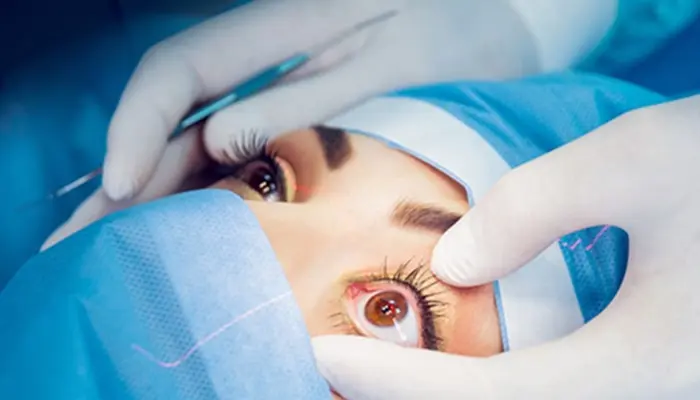As cataract surgery continues to be one of the most commonly performed procedures worldwide, ophthalmologists stress the importance of addressing underlying eye conditions before proceeding with surgery to ensure optimal results. Dr. Marjan Farid, an esteemed ophthalmologist and leader at the UCI Health Gavin Herbert Eye Institute, shared insights into how these conditions should be carefully managed to enhance surgical success and patient satisfaction.
In an interview with Healio, Dr. Farid explained that the primary goal of cataract surgery is to achieve “optimized refractive outcomes,” but these outcomes can be compromised if pre-existing eye conditions are not adequately addressed. “In eyes with other ocular morbidities, the success of cataract surgery and patient satisfaction will be directly impacted if these issues are not properly managed beforehand,” she said.
According to Dr. Farid, many eye surface and corneal conditions are treatable and should be resolved before proceeding with cataract surgery. “It is crucial for the surgeon to pause, treat these conditions, and then bring the patient back to evaluate the regularity of the corneal surface through topography,” she emphasized. By doing so, surgeons can help ensure that the corneal surface is in optimal condition for the surgery.
Dr. Farid is a leading expert in managing complex ocular conditions and heads the UCI Health Severe Ocular Surface Disease Program. She is one of the few ophthalmologists in the United States skilled in performing ocular stem cell transplants, a highly specialized procedure that can save vision in patients with severe eye surface disorders.
In recognition of her contributions to the field, Dr. Farid’s work played a pivotal role in the Gavin Herbert Eye Institute being named by the Holland Foundation for Sight Restoration as one of five U.S. centers of excellence for severe ocular disease in 2023. It is the only such center on the West Coast.
In addition to her expertise in ocular stem cell transplants, Dr. Farid is proficient in all types of corneal transplants, including femtosecond laser-enabled lamellar keratoplasty. She also specializes in limbal stem cell transplants and artificial corneal transplants, particularly for patients with severe ocular surface disorders.
Dr. Farid’s research focuses on corneal surgery, particularly the use of femtosecond lasers in corneal transplantation. Her pioneering work has been widely published in peer-reviewed medical journals, contributing significantly to advancements in corneal health and surgery.
By addressing pre-existing eye conditions and ensuring a patient’s ocular health is optimized, Dr. Farid and her team at UCI Health are helping to set new standards for cataract surgery and improving outcomes for patients facing complex eye conditions.
You Might Be Interested In:

